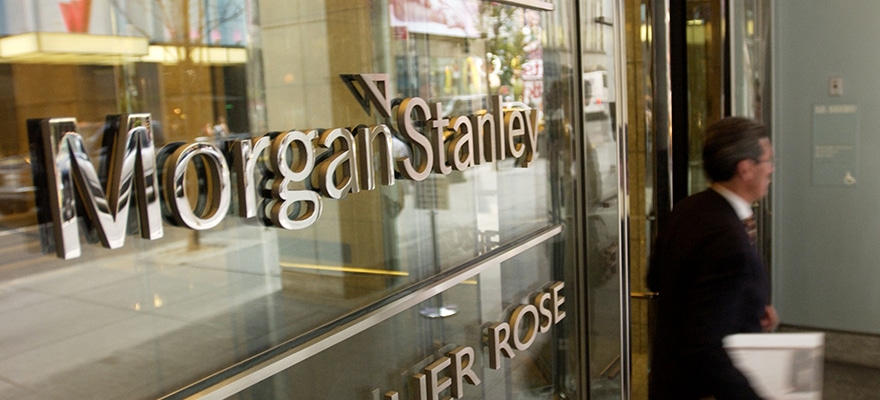Morgan Stanley has been charged with "dishonest and unethical conduct" by Massachusetts' top securities regulator for having pushed its brokers to sell loans to their clients, according to Reuters.
In a case that bears more than just a passing resemblance to Wells Fargo bank, which was recently fined $185 million after employees secretly opened millions of unauthorised accounts for their customers to meet aggressive sales goals, it is alleged that Morgan Stanley ran high-pressured sales contests in Massachusetts and Rhode Island where its brokers could earn thousands of dollars for selling securities based loans.
Contests To Boost Business
The contests which were designed to boost business were officially prohibited by Morgan Stanley but turned out to be lucrative for the bank. As a result, the pace of loan origination increased three-fold and added $24 million in new loan balances.
The charges against Morgan Stanley come one month after Wells Fargo was fined for its fraudulent activities and highlights how large banks are being increasingly scrutinised over their sales practices.
According to Morgan Stanley, however, the complaint has no merit and it is planning to defend itself. A spokesman for the bank said, "The securities-based loan accounts were opened only after discussing the product with each client and obtaining their affirmative consent”.
Nonetheless, Morgan Stanley executives were said to have been slow to discover the improper sales contests, failed to shut them down immediately and played down the risk associated with the loans.
Aggressive Sales Targets
The practice of cross-selling or persuading customers to purchase products and services from a range of business lines is commonplace in the banking industry but the scandal involving Wells Fargo has raised concerns about whether it is appropriate to set aggressive sales targets for employees.
Morgan Stanley's internal rules prohibited such contests but it took the bank's Compliance and risk office until December 2014 to detect it and it was not stopped until April 2015.
At Wells Fargo, staff were under intense pressure to meet internal sales quotas but these quotas have now been suspended in the aftermath of the Settlement .
Morgan Stanley is now being probed by authorities including the Department of Justice and the Department of Labor, as well as lawsuits from customers and former employees.


















